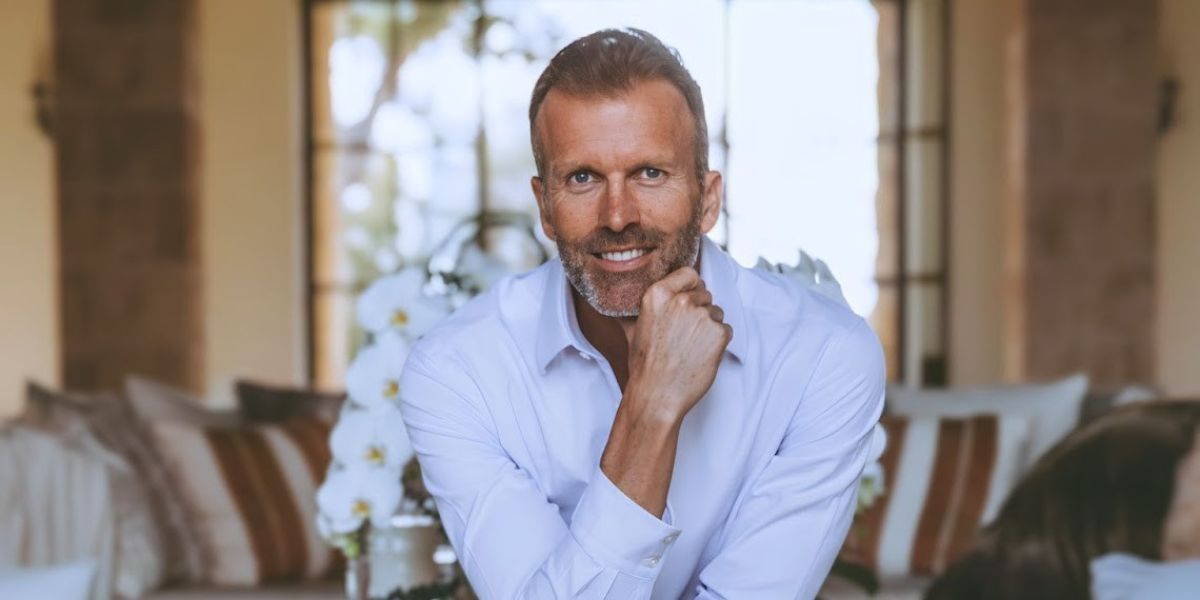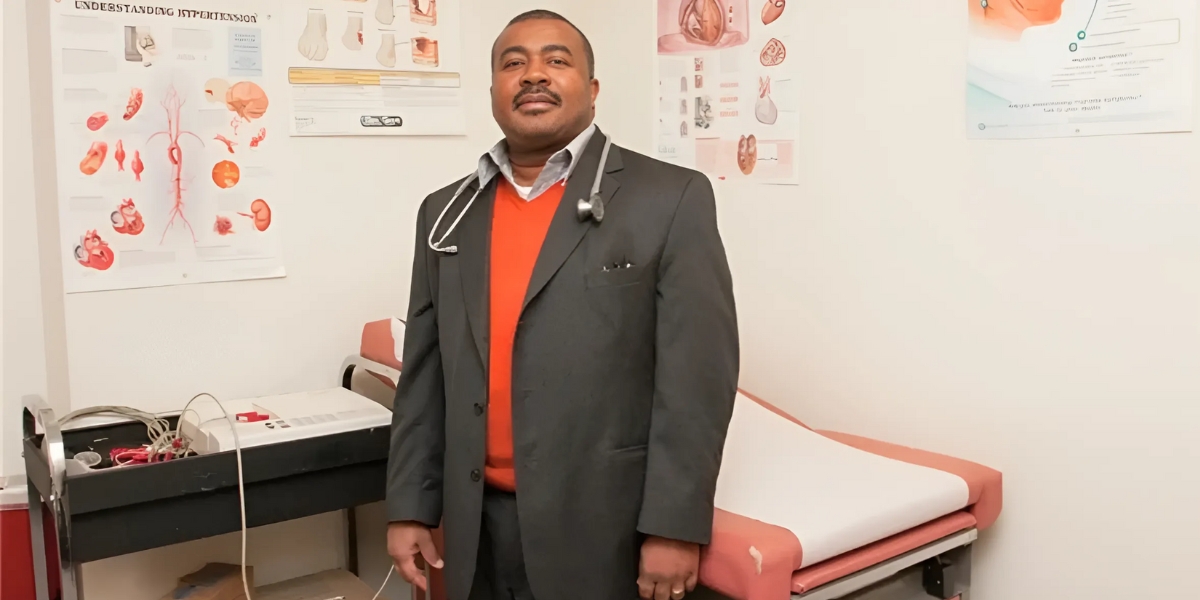In a world where life’s demands often take center stage, the simple act of giving provides a meaningful way to enhance mental health and strengthen connections. As a licensed marriage and family therapist and founder of Compassion-Based Happiness, LLC, Dr. Sara Spowart understands that compassion has the power to change individuals’ lives.
Having conducted more than 10,000 therapy sessions, Dr. Spowart has gained extensive experience across varying models, including EMDR and Mindfulness-based stress reduction. Her work encourages compassion as a healing agent. The fact that she speaks English, French, and Spanish fluently makes her capable enough to assist clients from different backgrounds.
She is also an adjunct professor at the University of South Florida and the author of “You Are Love,” which reflects her beliefs about empathy and compassion.
The Mental Health Benefits of Giving
Plenty of studies believe doing good for others from offering a helping hand to a neighbor to pitching in time or money to support your cause leads to increased happiness and self-esteem. Doing good triggers the reward center in our brain, releasing chemicals that create a “helper’s high.” That natural boost is what makes people feel more positive and emotionally competent.
Kindness also creates connection. Assisting others can relieve feelings of isolation by forming a sense of solidarity. Dr. Spowart says, “Being kind is not just about kindness to others. It’s about creating a world where everyone feels valued.”
Building Confidence Through Kindness
Self-esteem can be greatly improved by doing good things for someone else. Being aware of how your contribution impacts someone else makes you more confident and feels meaningful. This sense of accomplishment works particularly for those who deal with feelings of self-doubt. Dr. Spowart also highlights giving as a way to align behavior with values, which she suggests helps make a person feel a sense of fulfillment.
Energy Through Acts of Kindness
Surprisingly, giving can also increase energy levels. Acts of kindness can reduce stress and give people a renewed sense of vitality. This boost often comes from the satisfaction of making a difference. Dr. Spowart holds this belief that those who help others feel more motivated and focused in their own lives.
Dr. Spowart’s Compassion-Based Approach
Dr. Spowart incorporates kindness into her therapy sessions by encouraging clients to practice small acts of giving. Her techniques, including mindfulness, self-compassion training, and personalized happiness plans, help people turn kindness into a daily habit. These small steps not only enhance personal well-being but also build stronger, more connected communities.
Simple Ways to Practice Kindness
Dr. Spowart offers practical ways to integrate kindness into daily life:
Volunteer: Join a local organization or support a cause that matters to you.
Be thoughtful: Small gestures, like offering a kind word or lending a helping hand, can make a big difference.
Help Loved Ones: Strengthen relationships by offering support and encouragement.
Share Skills: Teach or mentor someone, using your knowledge to benefit others.
One effective strategy for enhancing mental health is kindness. As Dr. Sara Spowart shows, the act of giving is not just beneficial for other people but also has a positive impact on the giver themselves; it enables them to feel energized and happier and uplifts their self-esteem. By spreading compassion in our daily lives, we can make the world a much more connected and joyful place. Dr. Spowart’s goal is to inspire others to practice kindness and witness it changing lives and communities.
Disclaimer: The information provided in this article is for informational purposes only and does not constitute professional medical advice, diagnosis, or treatment. Individual circumstances may vary, and readers are encouraged to consult with a licensed mental health professional or medical provider for personalized advice and care. Any actions taken based on the information provided are solely at the reader’s discretion.
Published by Stephanie M.









